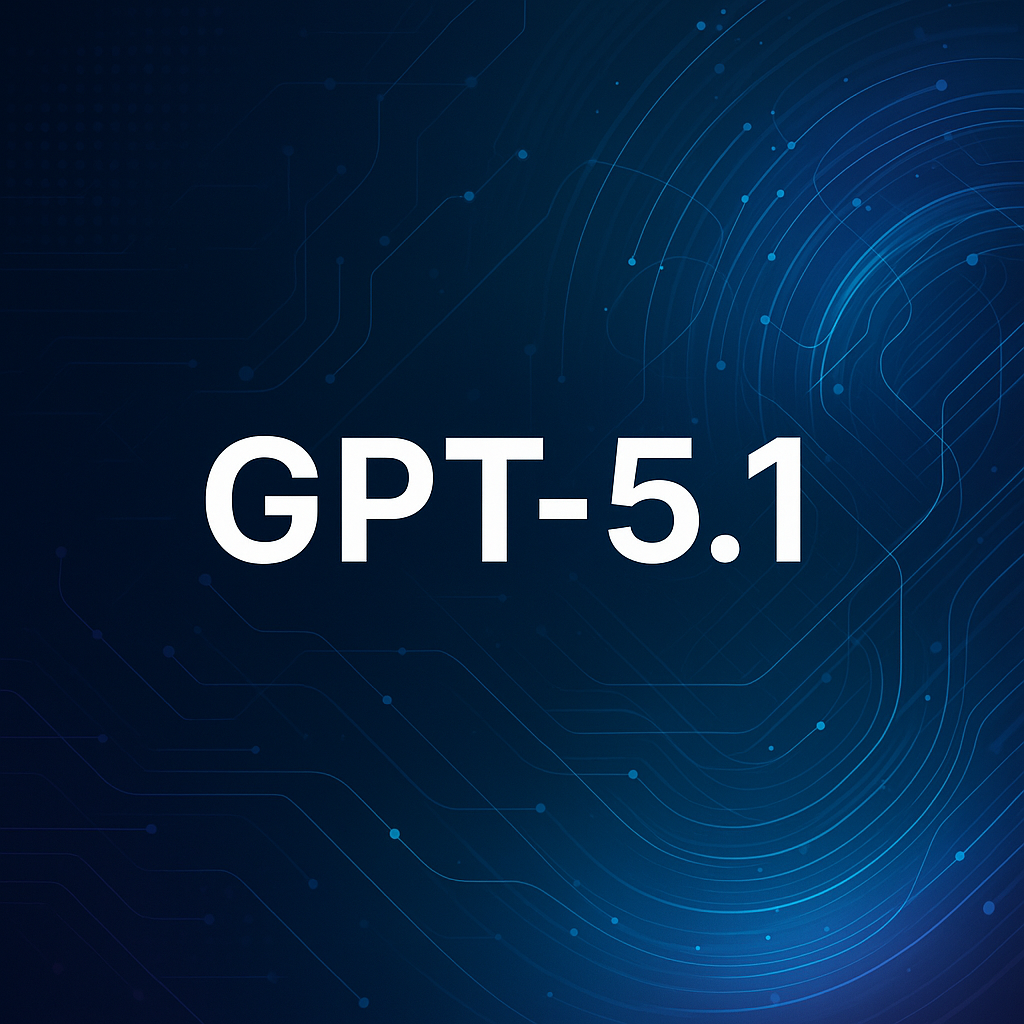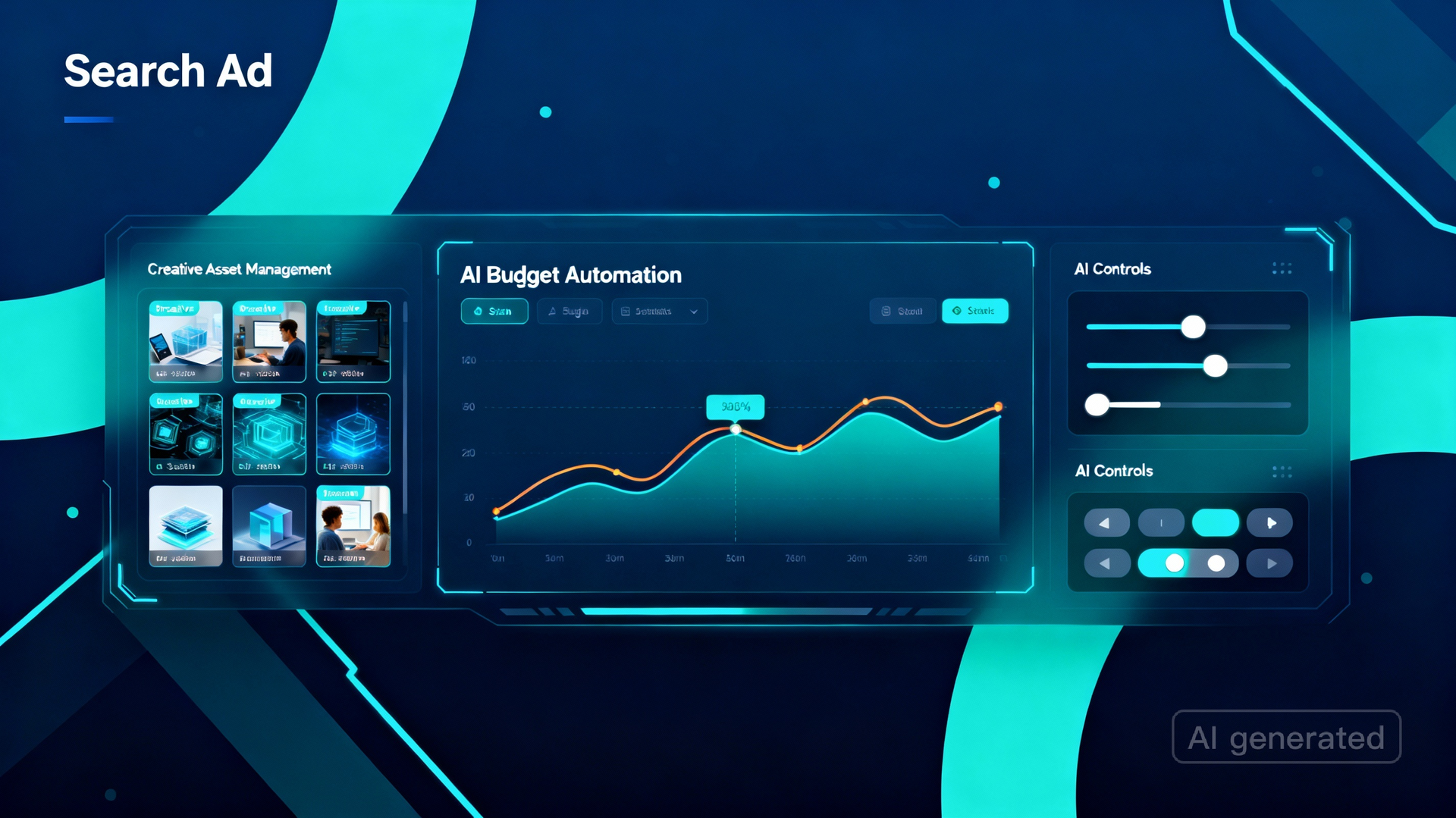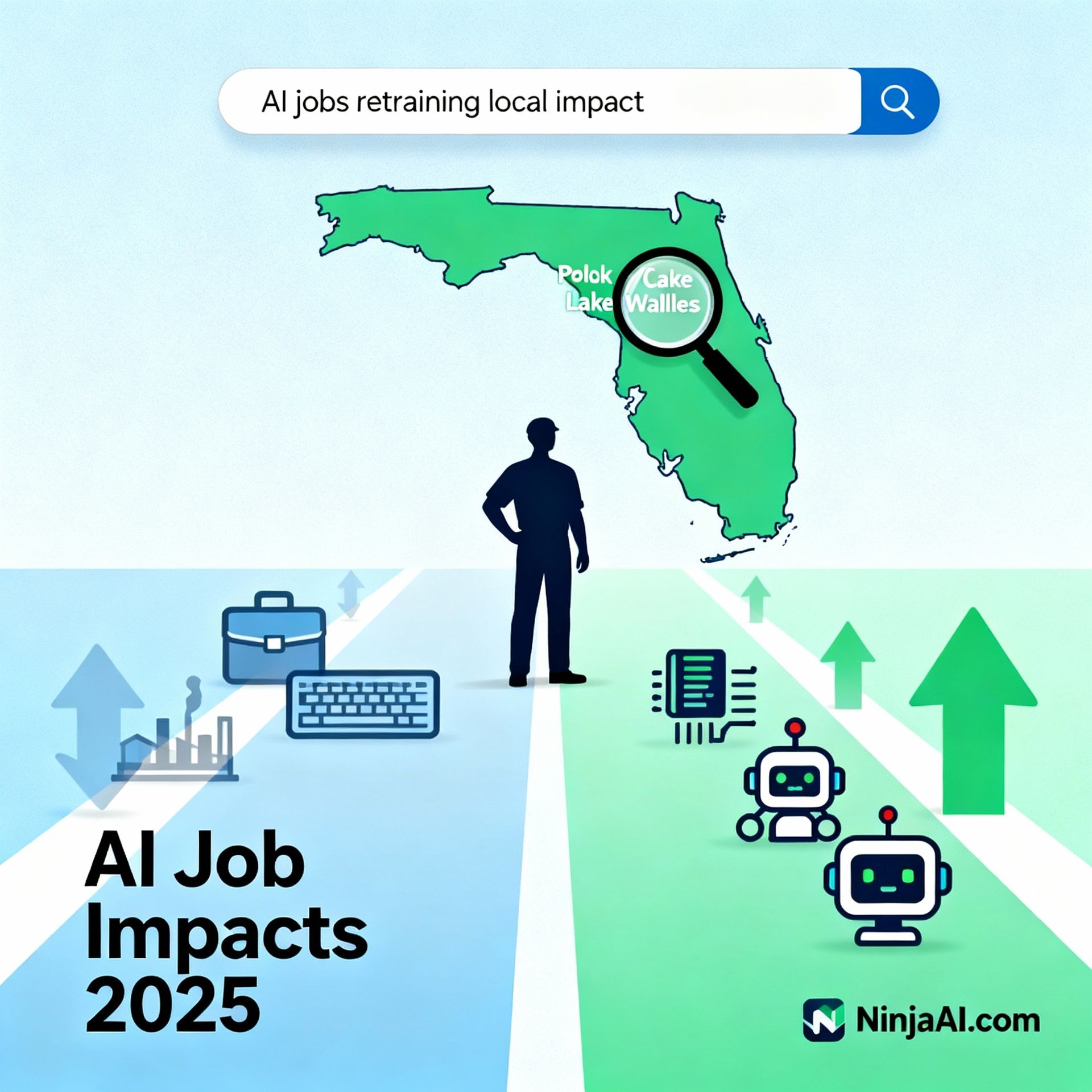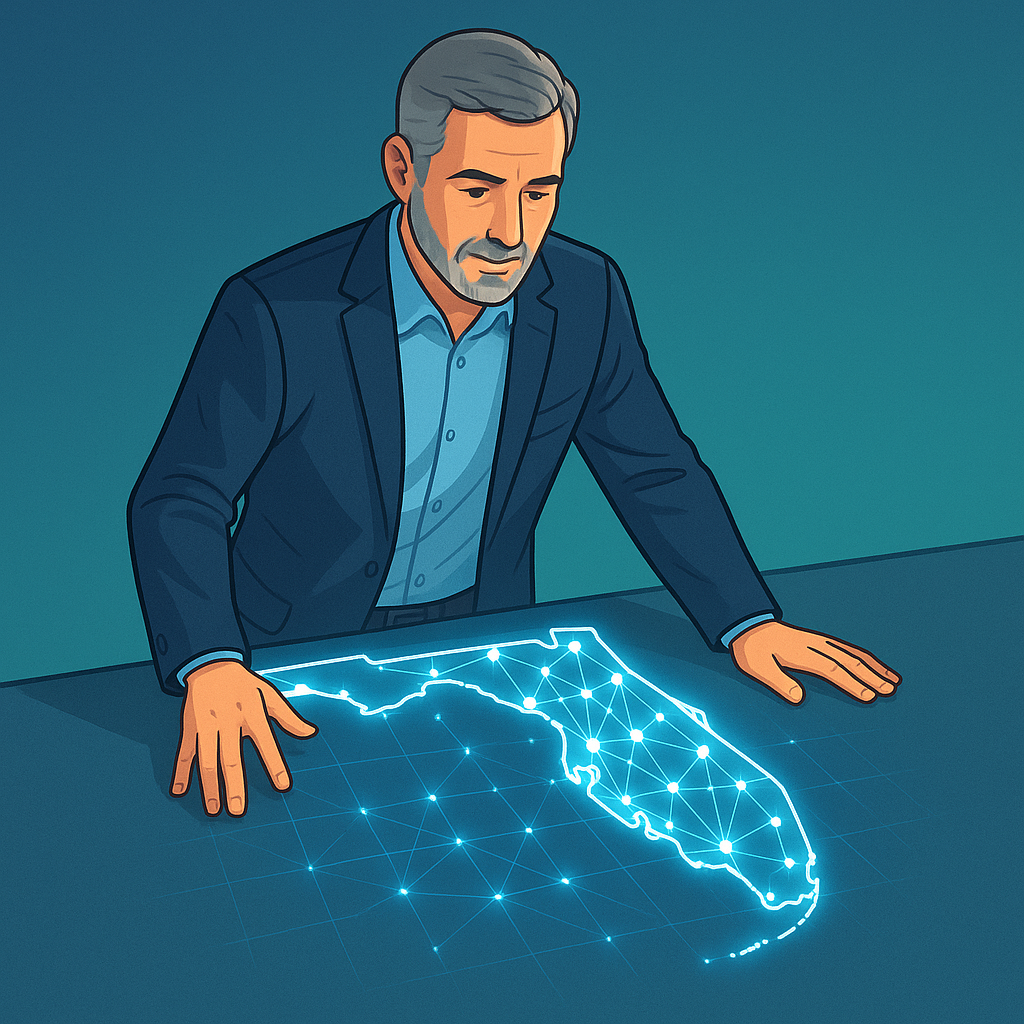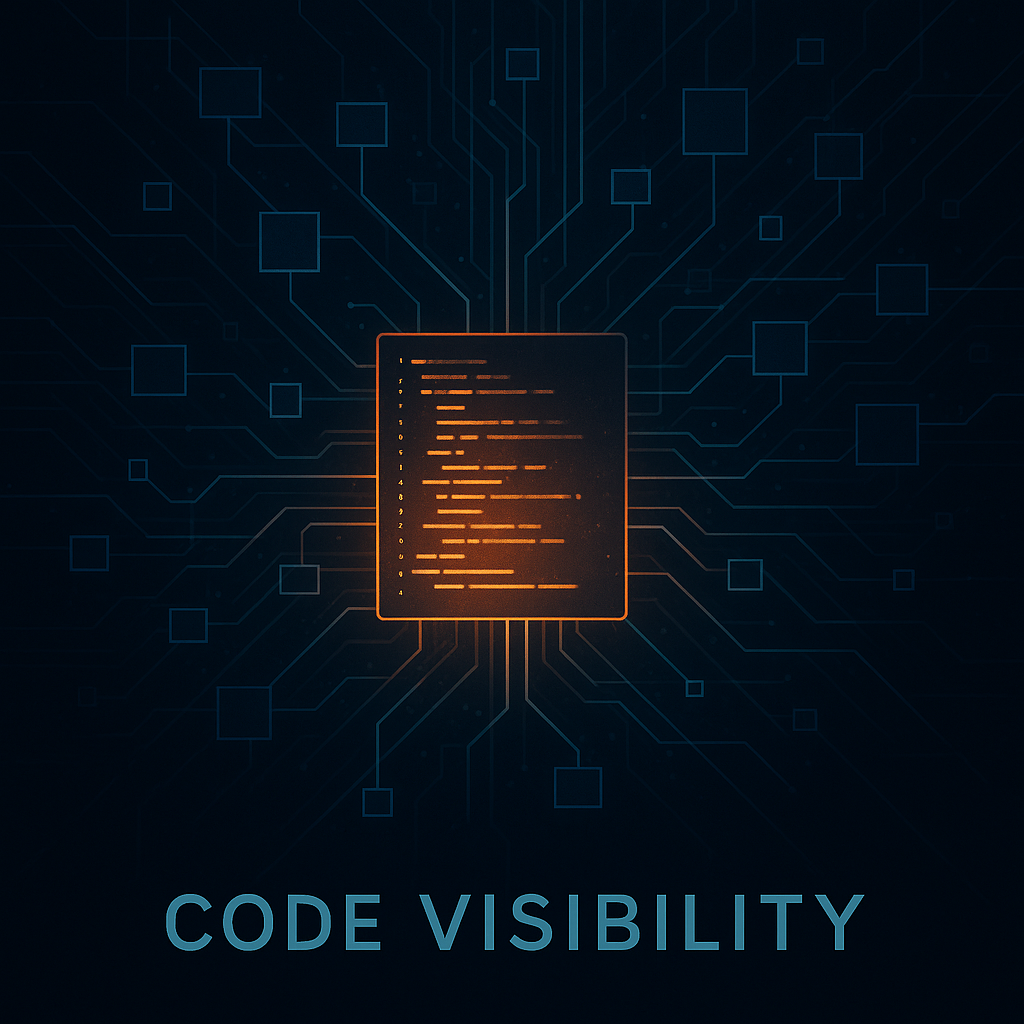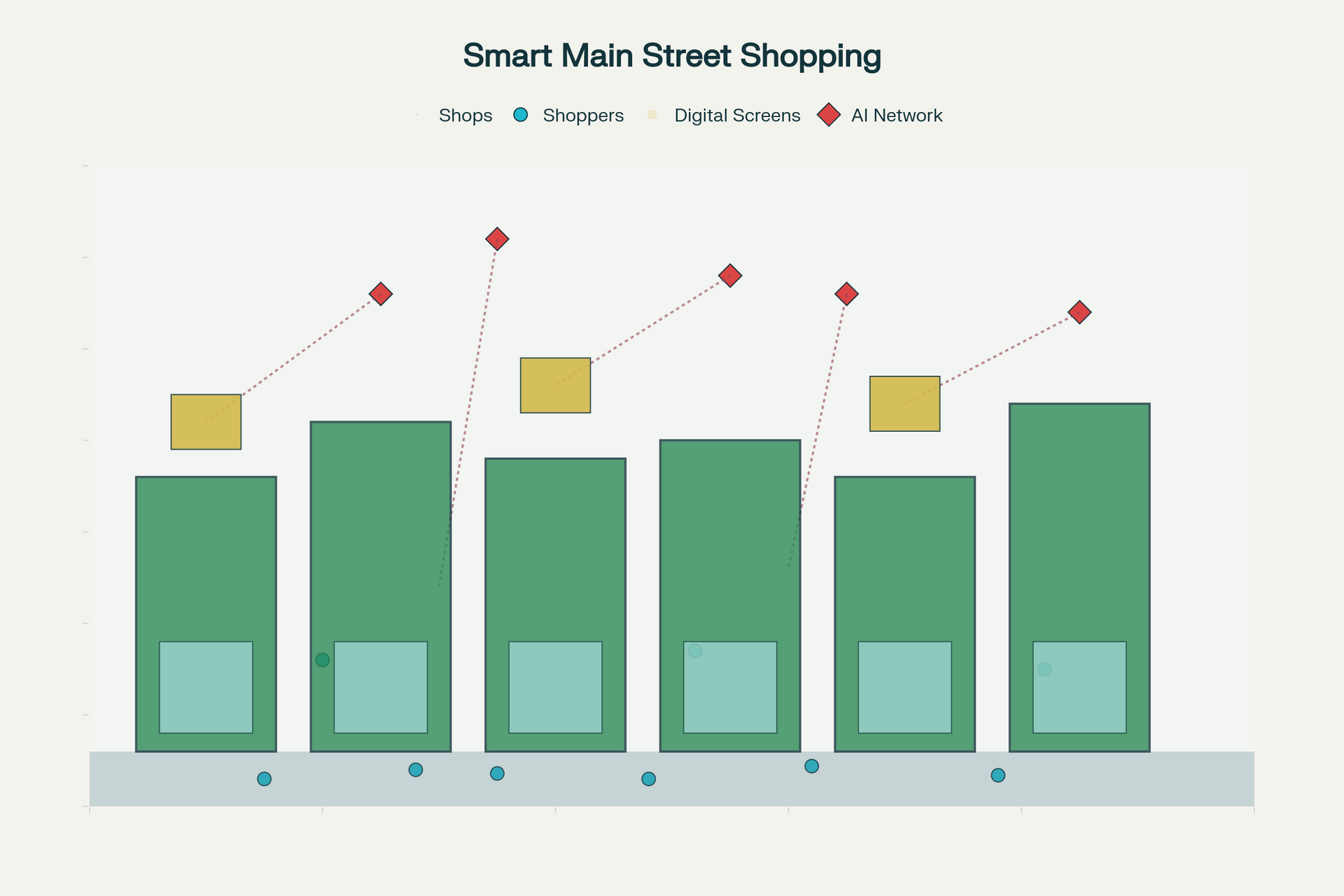How Search Atlas Became My Favorite AI-Powered SEO Platform: An In-Depth Review & Guide (2025)
Search Atlas is a next-generation AI SEO and PPC platform.
TLDR (Too Long; Didn’t Read)
- Search Atlas is a next-generation AI-powered SEO and PPC platform.
- It offers rapid automations, scalable pricing, and advanced tracking for brand voice across AI search engines.
- I use it every day and recommend it for freelancers, agencies, and growing businesses focused on results.
Why Modern SEO Needs AI
Traditional SEO platforms can no longer keep up with the speed and complexity of today’s search landscape. For anyone trying to rank, maintain visibility, or manage clients, manual efforts fall short. The rise of conversational AI—think Gemini, ChatGPT, and Perplexity—adds a new layer. Now, being visible isn’t just about Google; it’s about showing up in AI answers, chat apps, and local results, too.
This is why I made the switch to Search Atlas. Automation, integration, and LLM visibility have become non-negotiable. The platform is a direct response to these new needs.
What Makes Search Atlas Stand Out
Search Atlas, launched in 2022 and honored as the Best AI Search Software at the 2025 Global Search Awards, was built with one bold purpose: *to automate all things SEO and PPC*. Instead of stacking modules and add-ons, it brings everything under one roof—powered by its signature AI agents, named OTTO.
OTTO SEO, OTTO PPC, and OTTO Agent don’t just scrape data. They actually automate tasks, make fixes, and optimize campaigns across your sites and accounts. I love how this streamlines my workflow: site audits, keyword research, content creation, backlink outreach, and client reporting—all in one place.
Features I Use Every Day
- **OTTO SEO**: My go-to for site audits, technical SEO fixes, and keyword recommendations. One-click actions clean up errors, handle citations, and even draft press releases or outreach emails. OTTO handles schema, GBP posts, and review responses, freeing me up for strategy instead of maintenance.
- **OTTO PPC**: No more hours spent building Google Ads campaigns from scratch. Ad groups, keywords, and copy generation happen instantly with the AI engine. Retargeting and ad optimization are integrated by default.
- **OTTO Agent Chat**: A true AI companion. I ask it to automate audits, manage Google Business Profiles, distribute press releases, or conduct outreach—without digging through dashboards.
- **Keyword Tools**: Gap analysis, tracking, and topical maps for powerful content clusters. Integration with Google Search Console means I don’t lose time swapping between tools.
- **Content Pipeline**: Research, outline, write, optimize, and bulk publish with AI help all the way. On-page scoring and competitor gap analysis keep content sharp.
- **Backlinks & Outreach**: Custom metrics instantly tell me which links are worth pursuing. Visual comparisons and automated outreach simplify the process and boost results.
- **LLM Visibility Tracker**: Honestly a game-changer. I monitor my brand’s presence across AI-driven search engines and chat tools, letting me adjust strategies for emerging traffic and voice-based searches.
- **Reporting Suite**: Automated, customizable, and white-label ready. Even the basic plan covers full client-ready reporting, all included—no add-ons needed.
Flexible and Fair Pricing
Search Atlas is one of the most affordable all-in-one platforms I’ve used. Plans start low enough for individuals yet scale for agencies and full enterprise teams. Every tier gives access to robust reporting and local SEO tools; there are no hidden charges for the features clients actually use. This transparency makes budgeting easier for agencies and freelancers.
Starter plans focus on solo projects, Growth and Pro support multi-site management and reporting, while Enterprise covers large organizations with unlimited scale. Local SEO features, GBP automation, and outreach work across all plans.
Pros and Cons from Real-Day Use
Pros
- Automation saves my team dozens of hours per month on audits, fixes, and campaign setup.
- Reporting is built-in and ready for clients—no spreadsheets, no stress.
- Pricing is refreshingly fair, with all tools included instead of endless add-ons.
- Local SEO tools and LLM visibility features genuinely address today’s biggest challenges.
- Customer support is responsive, easy to access, and proactive with updates.
Cons
- The interface can be visually busy at times, so locating tools on the first try takes a little patience.
- As a newer platform, rare bugs pop up—though fixes roll out quickly.
- The most innovative features (especially LLM voice tracking) still show occasional glitches, but development is rapid.
How It Compares to Classic SEO Giants
If you’ve used Semrush or Ahrefs, you’ll notice some differences right away. Search Atlas pushes automation up front, while traditional giants focus on big data depth. There’s far less manual clicking. White-label reporting, local SEO, and LLM tracking come standard here, not as paid extras.
The classics still reign for pure historical SERP data and massive link databases, but for day-to-day agency needs—especially content creation, optimizations, reporting, and client management—Search Atlas is more agile and cost-effective. I haven’t had to worry about stacking on third-party add-ons or high annual reporting fees.
One area where Search Atlas truly shines is LLM visibility. As AI chatbots and voice assistants answer more search queries, traditional SEO reporting can’t keep up. This tool tracks how brands and businesses appear across generative AI platforms—crucial for agencies keeping clients ahead of the curve.
Local SEO is another win. The GBP “Galactic” features can automate review responses, post scheduling, and Q&A—all crucial for local service businesses. Citation auditing, heatmaps, and press automation let me deliver tangible, fast results for local accounts.
Results That Matter
- In my agency workflow, page-one keyword rankings increased 60% in just a few months after adopting Atlas automations.
- Client reporting went from hours to minutes. Automated summaries and visual insights make it easy to share progress and recommendations.
- LLM visibility monitoring caught missed opportunities in Gemini and ChatGPT, giving us an edge with new customer channels.
- I can onboard more clients, manage more sites, and still have time left for deep strategic work, thanks to automation.
FAQs from People Like You
- Can you use Search Atlas for any website? Yes—WordPress, Duda, Wix, Webflow, and more are supported.
- Is it secure and up-to-date? The platform is fully SSL, GDPR compliant, and updates roll out constantly.
- How good is customer support? Live chat, helpdesk, video tutorials, and onboarding are included. The personal touch is strong here.
- Does it fully replace classic platforms? In most agency scenarios, yes. Data-heavy analysts may want legacy support, but most use cases are handled with ease.
Should You Make the Switch?
If you crave automation, reporting, and an edge in SEO strategy for 2025 and beyond, Search Atlas is ready for you. Freelancers and agencies will reap the most benefits, but even solo business owners can use it to finally take control of their search presence. LLM voice tracking and local management are must-haves, not features to be ignored.
If you’re after old-school SERP analysis or need heaps of historical data, legacy platforms might still serve, but their lack of automation will feel slow. For anyone prioritizing workflow speed, visibility in conversational AI, and real client impact, Atlas is my new personal standard.
Final Thoughts
After years running SEO for agencies and startups, I’m finally seeing what modern automation should feel like: more results, less grind, and smarter insights—across Google, AI engines, and local search. Search Atlas is moving with the market, not lagging behind. I’m excited to see what updates come next.
If you’re ready to fuel your SEO with all-in-one AI, reporting, and LLM tools, there’s never been a better time to get started. I recommend Search Atlas because it works—for me, my clients, and my vision for where search is heading.
Jason Wade — AI Visibility Architect & Founder of NinjaAiOS
Jason Wade is the architect behind NinjaAiOS, a multi-layered AI visibility operating system built to redefine how small and mid-sized businesses are discovered in the AI era. He doesn’t build websites, agencies, or campaigns — he builds visibility infrastructure: content engines, GEO/AEO discovery frameworks, automated audits, local knowledge systems, dashboards, and certification layers that didn’t exist before he created them.
In a landscape where most agencies still sell tactics, Jason is building the category itself. He’s the founder of AI Visibility for Main Street, designing the discovery architecture that future businesses will depend on to appear inside ChatGPT, Perplexity, Gemini, Apple Intelligence, and every emerging AI search surface.
NinjaAiOS is the culmination of his approach — an orchestrated system that blends generative content automation, entity optimization, AI-driven mapping, dynamic dashboards, and real-time visibility intelligence into one unified platform. Instead of chasing algorithms, Jason builds the structures that algorithms reward.
Over seven months, he’s advanced from traditional SEO into a genuine new discipline: architecting end-to-end AI discovery systems that compress years of strategy into hours of automated output. His work fuses technical engineering instincts with small-town entrepreneurial grit, giving local businesses access to the kind of machine-intelligence frameworks previously reserved for global brands.
Jason’s mission is simple and ambitious:
Rebuild Main Street’s competitive edge using AI-powered discovery architecture that changes how America finds local businesses.
His OS.
His category.
His movement.
And he’s just getting started.
More: https://jason-wade-0qhw5qv.gamma.site
